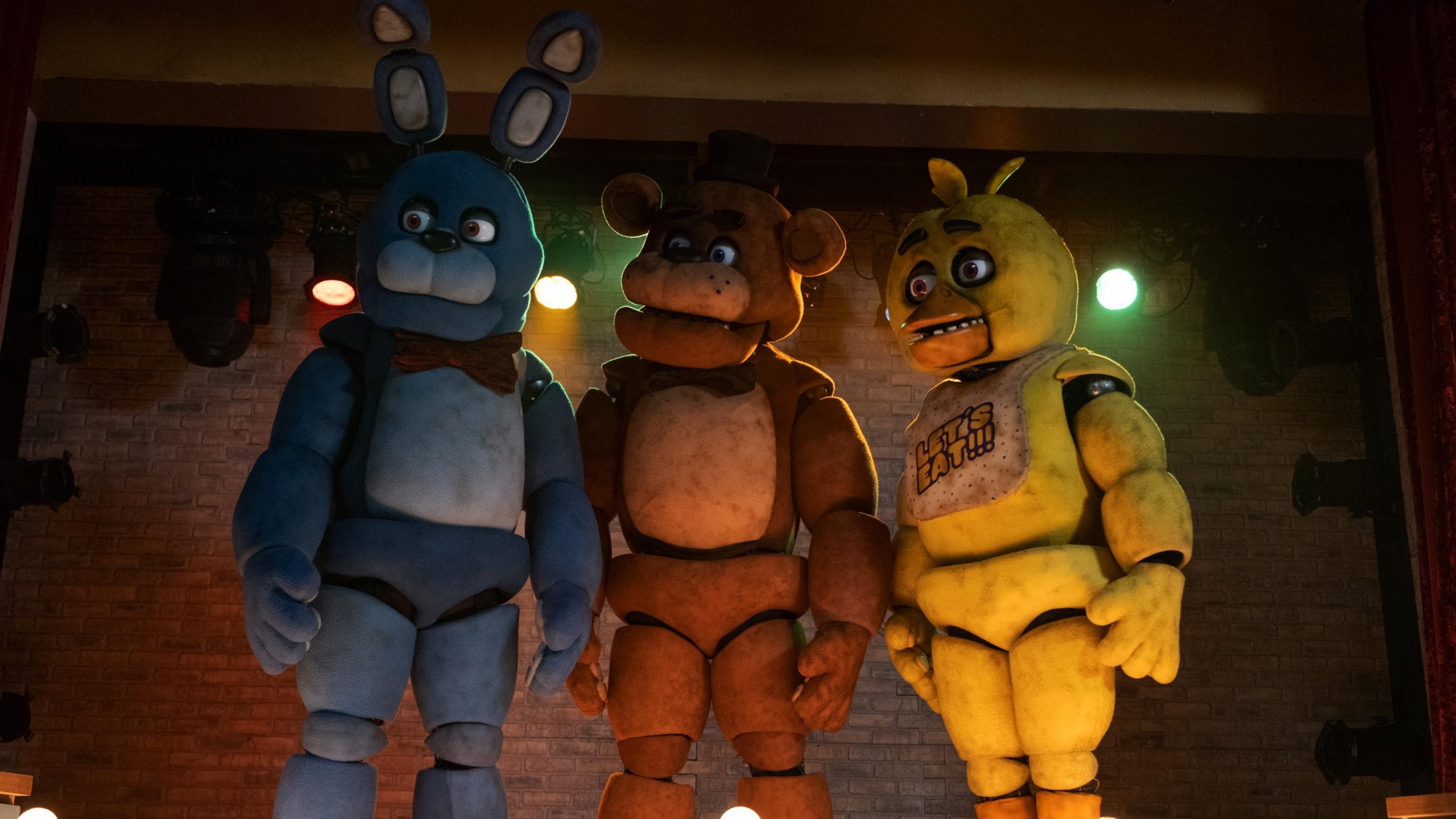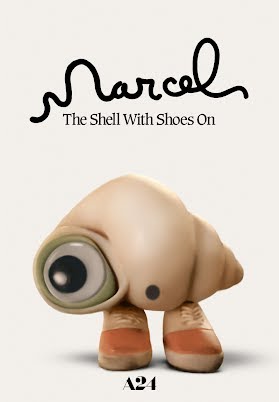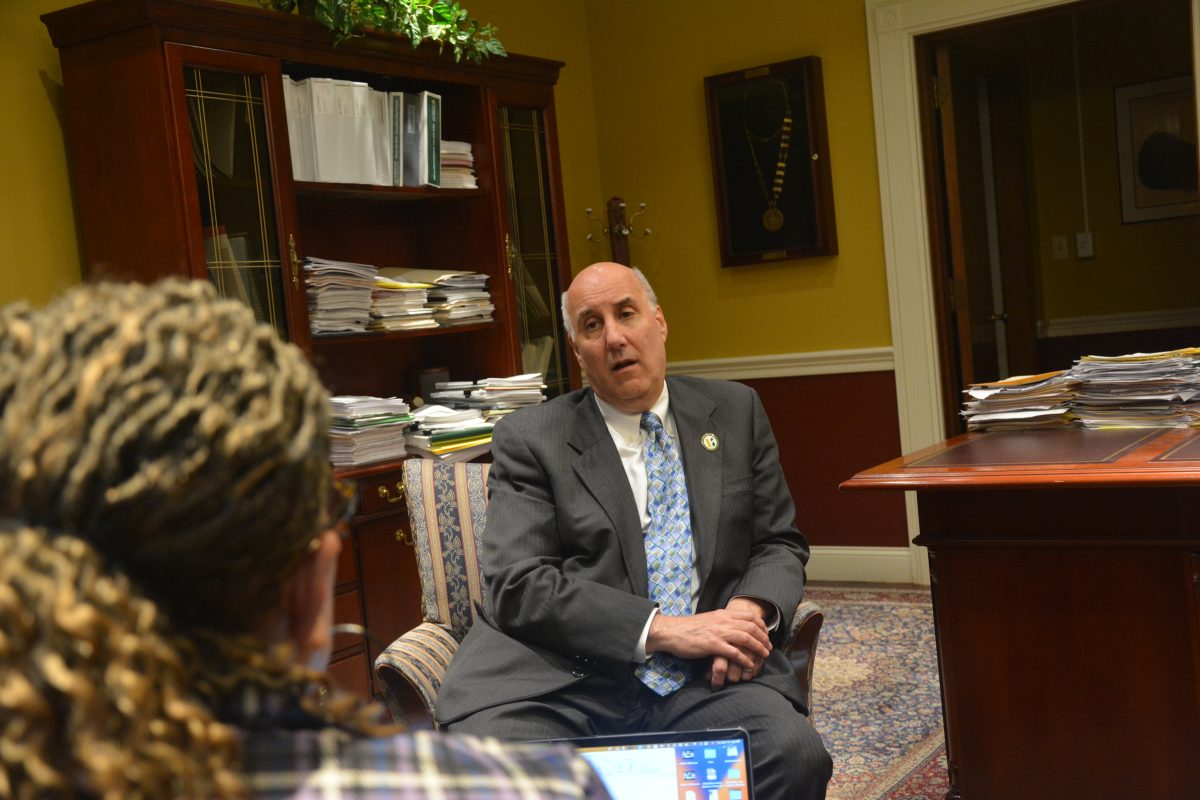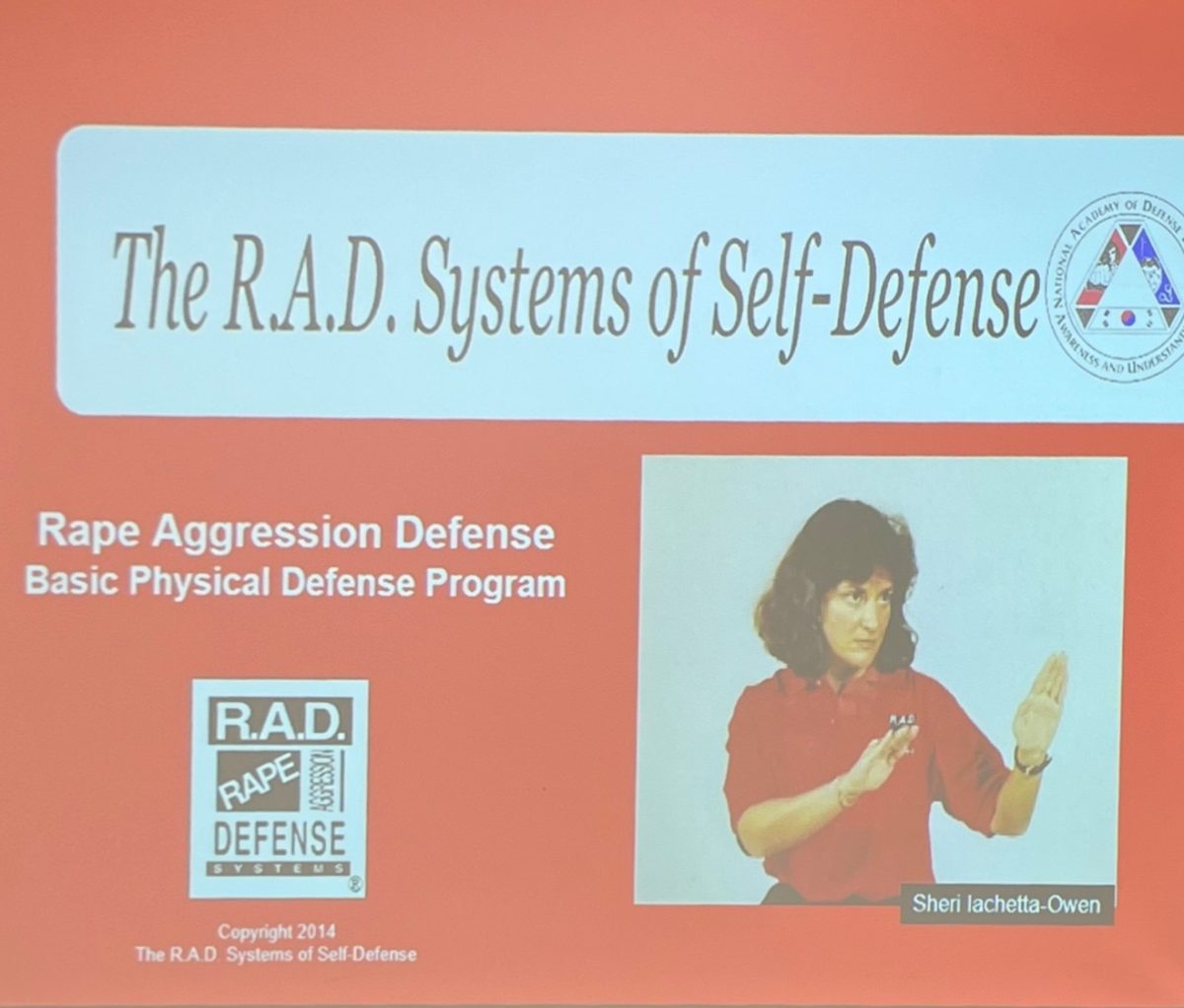By Nate Thomas

To vaccinate, or not to vaccinate–that is the question:
Whether ‘tis smarter to protect your children from deadly diseases
Or to oppose vaccinations
And by opposing save your child from the possibility of Autism
There is only one problem with the latter choice, vaccinations don’t cause Autism. “A meta-analysis of ten studies involving more than 1.2 million children reaffirms that vaccines don’t cause autism. If anything, immunization was associated with decreased risk that children would develop autism, a possibility that’s strongest with the measles-mumps-rubella vaccine.” (Source). So where did this myth come from?
This panic arose in 1998, when Andrew Wakefield published a research paper in The Lancet, proposing the link between the MMR (Measles, Mumps, & Rubella) Vaccination and the development of Autism. Since then, the research paper has been discredited due to Wakefield manipulating evidence, and breaking multiple ethical codes. So, if all of this panic was for nothing, then why do people still not vaccinate their children? I interviewed multiple Fitchburg State Students about vaccinations for children to hopefully get some idea.
Note: Some of the people interviewed requested to stay anonymous. Out of respect for their wishes I will keep their name out of this article, and any further conversation on the topic.
To keep each interview relatively short so as to fit multiple viewpoints, I only asked each person 4 questions:
1) Do you think that parents should vaccinate their children? Why or why not?
2)If you could say anything to, or ask anything of, the people that don’t share your opinion, what would it be?
3)Would you prefer to stay anonymous?
4) Finally, is there anything else you would like to add to close out?
Anonymous
- Do you think that parents should vaccinate their children? Why or why not?
“Yes. Because the risk is minor, and the benefit clearly outweighs any super minor risk. There is no reason not to. Also, even if they [the vaccinations] did cause autism, that is not something kids die of, so parents who are against it, are saying ‘Yes, I’d rather my kid dies of something we can prevent and endanger other children with than risk my child having autism.’.”
2) If you could say anything to the people that don’t share your opinion, or ask them any question, what would you say or ask?
“I would ask why they are so concerned. One of the arguments against [vaccinating children] is the carcinogens inside of the shots, and there’s carcinogens in everything. I would also ask them, if your kid had cancer with a chance to survive, would you refuse chemo? I’m asking this because chemo has been used against cancer for about the same time vaccines have been used. Chemo is also a poison and is used in the hope that it kills the cancer before it kills the patient.”
Dan Adorn
1)Do you think that parents should vaccinate their children? Why or why not?
“I think that they should not vaccinate. Chemicals in the vaccines have been known to cause issues such as autism, and other severe learning disabilities.
2) If you could say anything to the people that don’t share your opinion, or ask them any question, what would you say or ask?
“I would tell parents that do not share my opinion to research each vaccine the child would be receiving, and to ask the doctor many questions about the possible side effects.”
“To close, I would just like to say that the vaccines affect everyone differently. For the people it does affect, it can have severe effects on their lives and their family’s lives.”
Nick Frederick
1)Do you think that parents should vaccinate their children? Why or why not?
“Yes, it’s ridiculously selfish to not vaccinate your kids. Other kids will be at a higher risk of getting diseases from yours, and yours are very likely to get diseases themselves.”
2) If you could say anything to the people that don’t share your opinion, or ask them any question, what would you say or ask?
“Your opinion is based on zero facts, and you probably got the idea off of a facebook post or a forwarded email. Stop endangering your kids and the kids around them with your idiocy and go and vaccinate. There are practically no side effects to doing such a thing and your offspring have a higher chance of surviving. Why waste the efforts of doctors for hundreds of years? Vaccines are a sign that we are progressing as a species and are able to surpass goals undreamed of before our time. Why would you risk your kid getting the measles because you’re an idiot? Vaccinate.”
“This shouldn’t even be an issue, it’s simply the fact that parents have the choice to not vaccinate that appeals to them. They believe that by not conforming to the norm they are helping their kids in someway. It’s an entirely selfish and ignorant thing for a person to do to their offspring.”
Dan Fallon
1)Do you think that parents should vaccinate their children? Why or why not?
“I think as long as they are the appropriate ages, then yes 100%. There is clear proof stating that they [the vaccinations] have significantly dropped the death rates through the prevented diseases, this is why we aren’t dying at the age of 30 anymore.”
2) If you could say anything to the people that don’t share your opinion, or ask them any question, what would you say or ask?
“I would tell them to do some research before spewing [expletive] everywhere. If you even say the word autism to me [when arguing against vaccinations], I will throw some hardcore facts into your thick lil noggins showing you how stupid you sound. If I hear the word ‘Mercury’ [from someone arguing against vaccinations], I will throw mad facts right at your dense ear holes.”
“People need to look at the number and smarten up, I’m a dirty hippy, who hates the big pharma just as much as the next guy, but this is real [expletive], that can save real lives.”
Of the 75 Fitchburg State Students I have asked, 72 students said they were for the vaccination, 3 students said they had no opinion, and only 1 student said they were against it.
Now it’s your turn. Should children be receiving the MMR vaccination? Why or why not? Do you agree with the students I interviewed? Leave your opinions and comments in the comments section below.


















Peter Lambert • Mar 6, 2015 at 4:28 am
This is a very interesting approach, albeit loaded to popular misinformed media opinions. The truth about vaccination, were one to accept the notions portrayed in this article and published responses, would be as follows: were we to live within a 100% vaccinated society viruses would not be eradicated, they would adapt and mutate as to survive. Those who are vaccinated would actually stand a greater chance of the core virus strain incubating and mutating for the constant change that nature provides is adaptation not extinction. The CDC’s weekly morbidity and mortality report demonstrates this. The influenza virus adapts faster than the scientist that seeks to arrest it. http://www.cdc.gov/mmwr/preview/mmwrhtml/mm6401a4.htm
The worry of an vaccinated individual being exposed to a virus from an unvaccinated individual goes against the entire concept of “Herd immunity,” and the stating of such clearly shows that both sides of this topic are grossly uninformed or selectively informed, and, either way, absent a common mutual understanding based in fact. While viruses and bacteria may struggle in certain environments, the incubation of misinformation ripely thrives in this one. While it is best to stick to facts, it is also important to recognize that medical science is not a fixed knowledge base, but rather an evolving knowledge base in which challenging results of clinical studies has a history of broadening or adapting understandings thus leading to new and better uses of the standard knowledge base.
Clearly there are several 400 pound gorillas in the room that have specific interests other than a populations’ well being or ability to thrive and multiply. Misinformation is being used to seed fear on both sides of the issue. Everyone is afraid of diminished quality of life, those who vaccinate because they fear the unvaccinated and those who don’t because they fear the effects of the vaccine. The use of fear as to convince the public to willingly vote as to give up constitutionally granted rights of liberties which can and will lead to the opening of a Pandora’s box granting both Federal and State government more access into your life and liberties all of which could make TSA security checks at airports appear like a walk in the park. Fact: with 17 states with 170 million people the number of diagnosed cases of measles is 170. http://www.cdc.gov/measles/cases-outbreaks.html
This is not publicized because numbers don’t lie.
The chemicals used in the production of vaccines:
It is important that every American become familiar with GRAS (Generally Recognized As Safe) codes for ingredients allowed in the production of foods, medicines, and cosmetics. There is nothing in a vaccine that is not allowed in processing of foods or cosmetics. Most people do not understand intentionally introduced mercury compounds, e.g.,
mercurous chloride, mercuric chloride, phenylmercuric acetate, and thimerosal, have had 89 years of GRAS status and are mostly used to sterilize the vessels into which products are placed as well as the processing equipment itself. Most prevalent use of said sterilization is found in contact lens fluids, anti histamine nasal sprays, skin creams, and hemorrhoid creams.
Why do I ask all American to become familiar with GRAS? So that as a proper consumer you learn to recognize what the ingredients are on the label in the foods, drugs and cosmetics that you purchase for you and your family. This information will empower you to vote with the most important voice all companies and Governments listen to, your purchasing power. If you do not buy something that is produced by a company you have exercised your freedom of choice. That is much more effective in molding and shaping the world you live in, your home and that of your family and friends.
Extrapolate, educate and mitigate: this is what our civil liberties grant us as Americans to do. In the age of instant communication, we owe it to each other to make sure that we have investigated all sources of information prior to pontificating an opinion.